-
Middle Grade Writing Advice
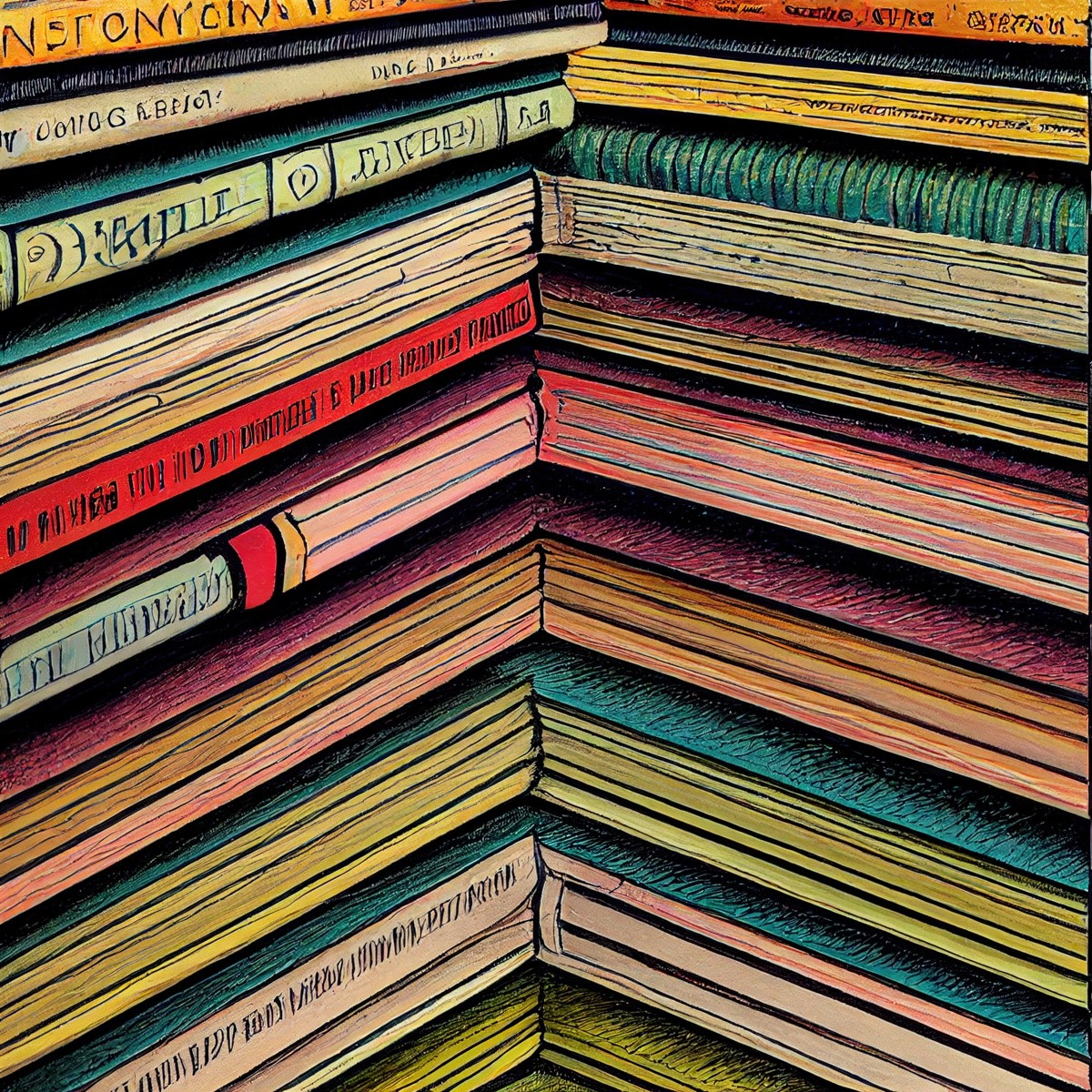
WHAT IS MIDDLE GRADE LITERATURE? Middle grade fiction is not written for middle school kids despite sounding like it ought to be. Middle grade is actually aimed at eight- to twelve-year olds, which sometimes bleeds over into seven to thirteen. You can include romance, but only a little. Provide smaller solvable problems and solve them. […]
-
Letters And Diaries In Fiction
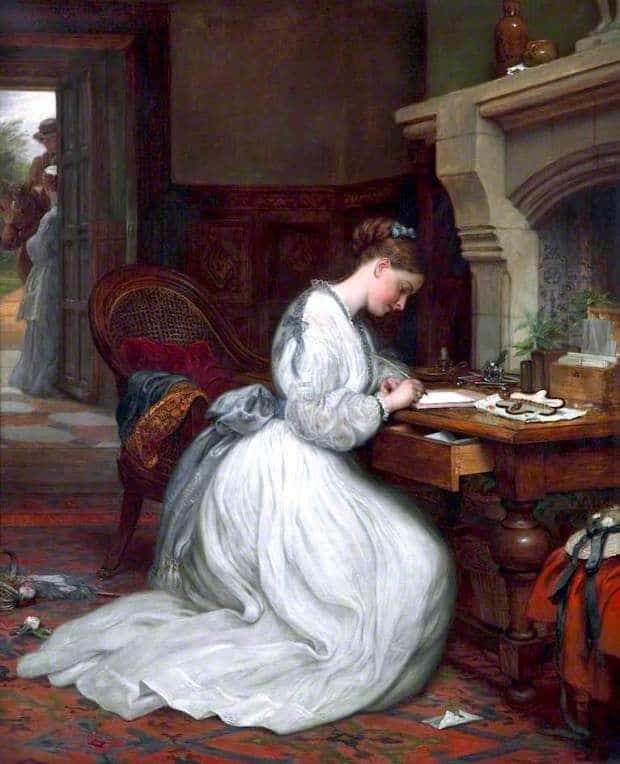
JOURNALING AND DIARIES AS PUSHBACK AGAINST SELF ABANDONMENT When we can be a witness to our own experience (by writing our experiences down) we can be our own compassionate friend. This is when we can have that connection with ourselves. What happens for many of us is we go through something called ‘Self Abandonment’. We […]
-
Food And Sex In Children’s Literature
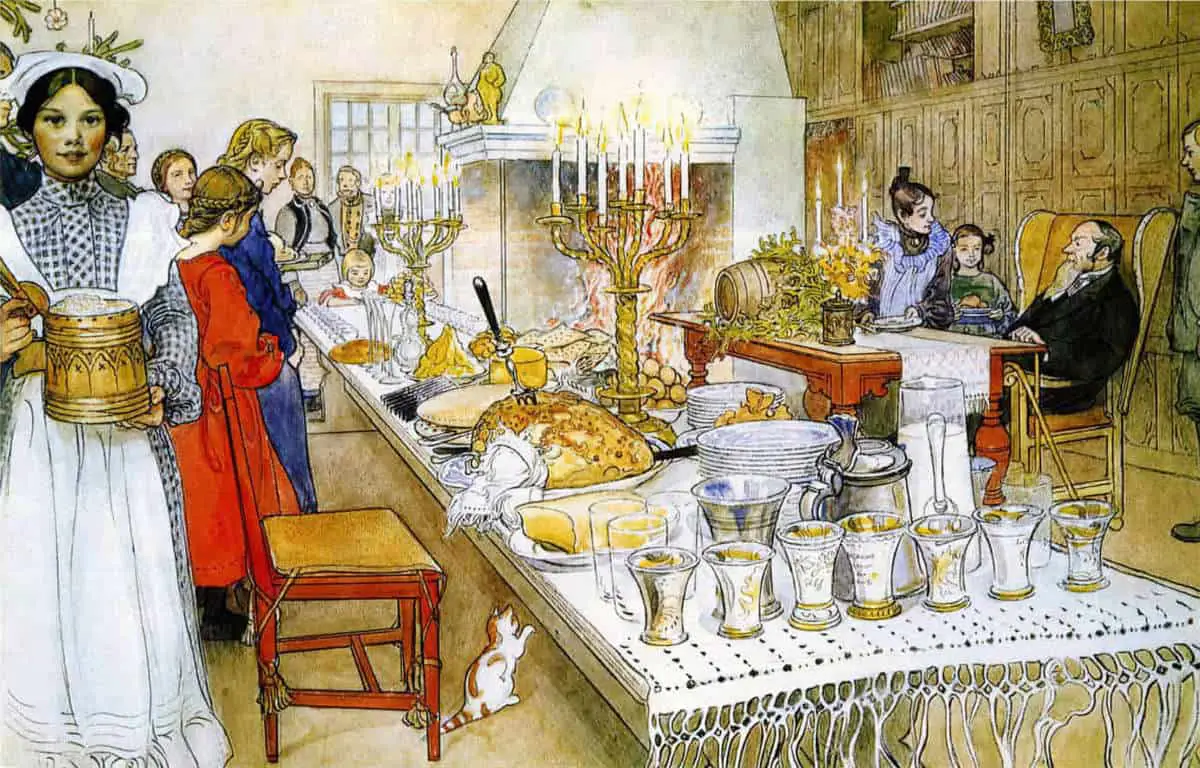
Food plays an important role in children’s literature, and is one difference between mainstream literature and literature for children. Food means all sorts of things throughout literature — sometimes it symbolizes good, other times evil. Writers don’t care what they eat. They just care what you think of them. Sport, Harriet the Spy Why All […]
-
Work and Manual Labour In Children’s Literature and Art
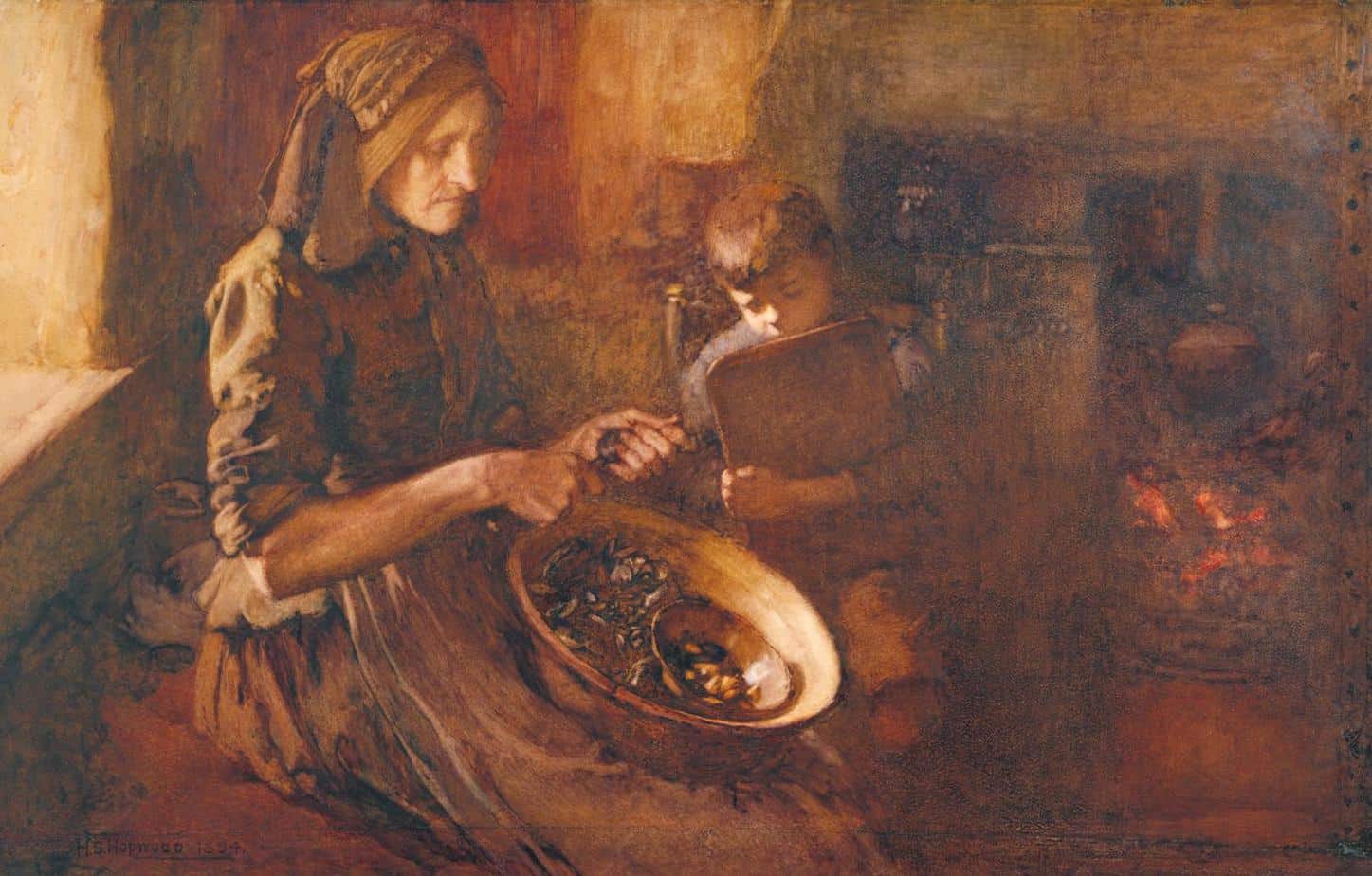
Labor is used symbolically, as a temporary trial through which the young protagonists have to go before they can find their true place in society. The depiction of labor is highly ambiguous: it is a punishment, and even when chosen voluntarily… it is a burden that brings neither joy nor satisfaction. The message young readers […]
-
Who does the nurturing work in children’s books?
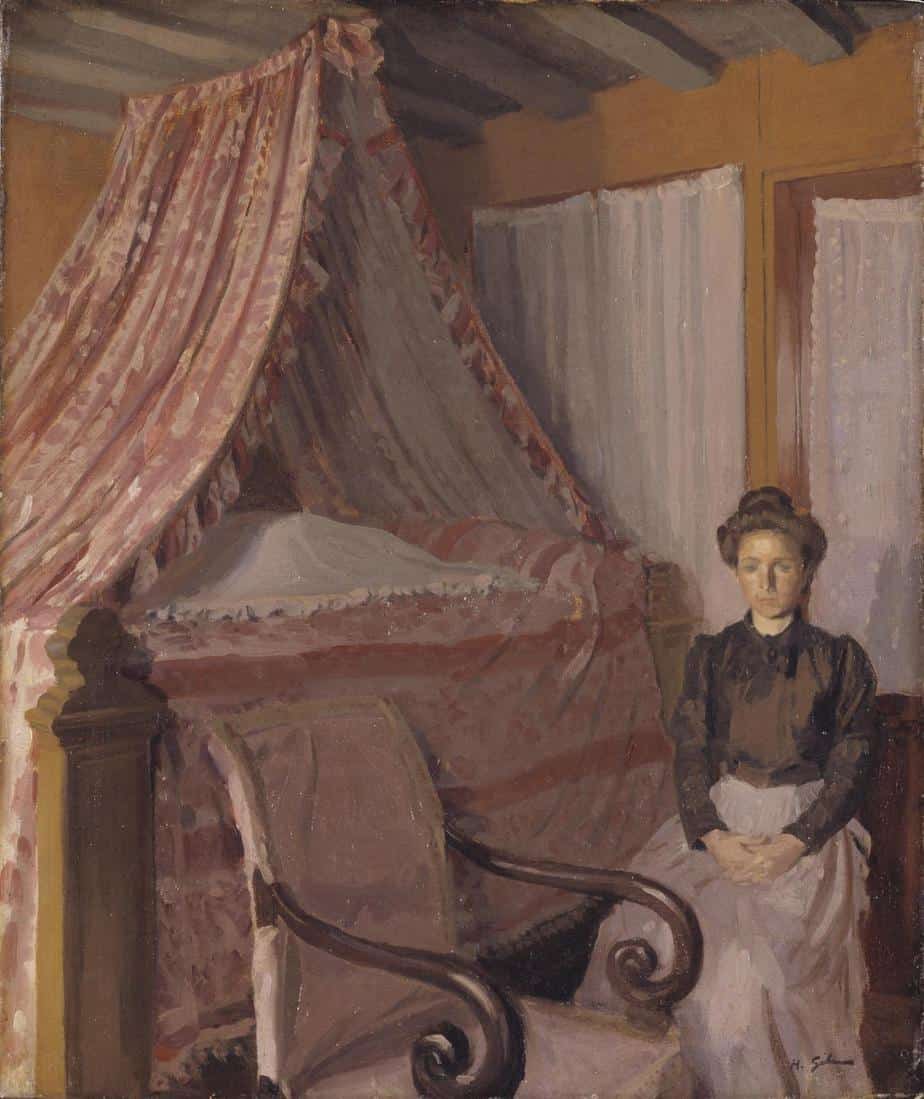
“Mothers in the books were more likely than fathers to perform almost every nurturing behaviour, including verbal and physical expressions of love, encouraging, praising and listening,” the researchers write. Similarly, mothers outperformed fathers on every care-giving behaviour. Gender stereotypes plague children’s picture books, from Salon Mothers often appear at the beginnings of hero tales. They […]
-
Writing Activity: Describe A Bedroom
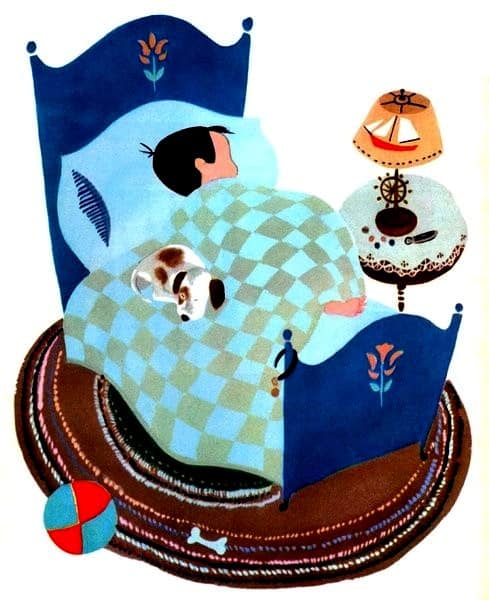
Lectrology, the study of the bed and its surroundings, can be extremely useful and tell you a great deal about the owner, even if it’s only that they are a very knowing and savvy installations artist. Terry Pratchett, Unseen Academicals A character’s room can contribute to characterisation… Setting is frequently used to symbolize the character’s moods […]
-
Use of long words: sesquipedalianism
Sesquipedalianism is a linguistic style that involves the use of long words. It might be characterised as polysyllabic holophrastic verbalism. Wikipedia Some well-known authors advise against making use of words which draw attention to themselves. Words in prose ought to express the intended meaning; if they attract attention to themselves, it is a fault; in the very best styles […]
-
Lookism and Physiognomy in Children’s Fiction

Physiognomy is the assessment of a person’s character or personality from his outer appearance, especially the face. Wikipedia There are plenty of books about this subject, which encourages readers to judge people based on how they look. (Here’s a list on Goodreads.) If you read classic children’s literature you’ll encounter descriptions of character which exist not only […]
-
The Science and Pleasure of Reading

Many people who read silently do so by imagining a voice speaking the words they are reading…This could be because when we learn to read, we associate symbols with verbal sounds until the association is effortless…What’s particularly new about this study is that it not only shows that silent reading causes high-frequency electrical activity in […]
-
Three Ways Of Looking At Character

There are many ways of looking at character: flat vs rounded, static vs dynamic and stylised versus natural. These distinctions are explained below. FLAT/ROUNDED Is this character more ‘flat’ or more ’rounded’? This distinction was first made by E.M. Forster in Aspects of the Novel, who said that a round character is one who is […]
-
The Features Of Chapter Books
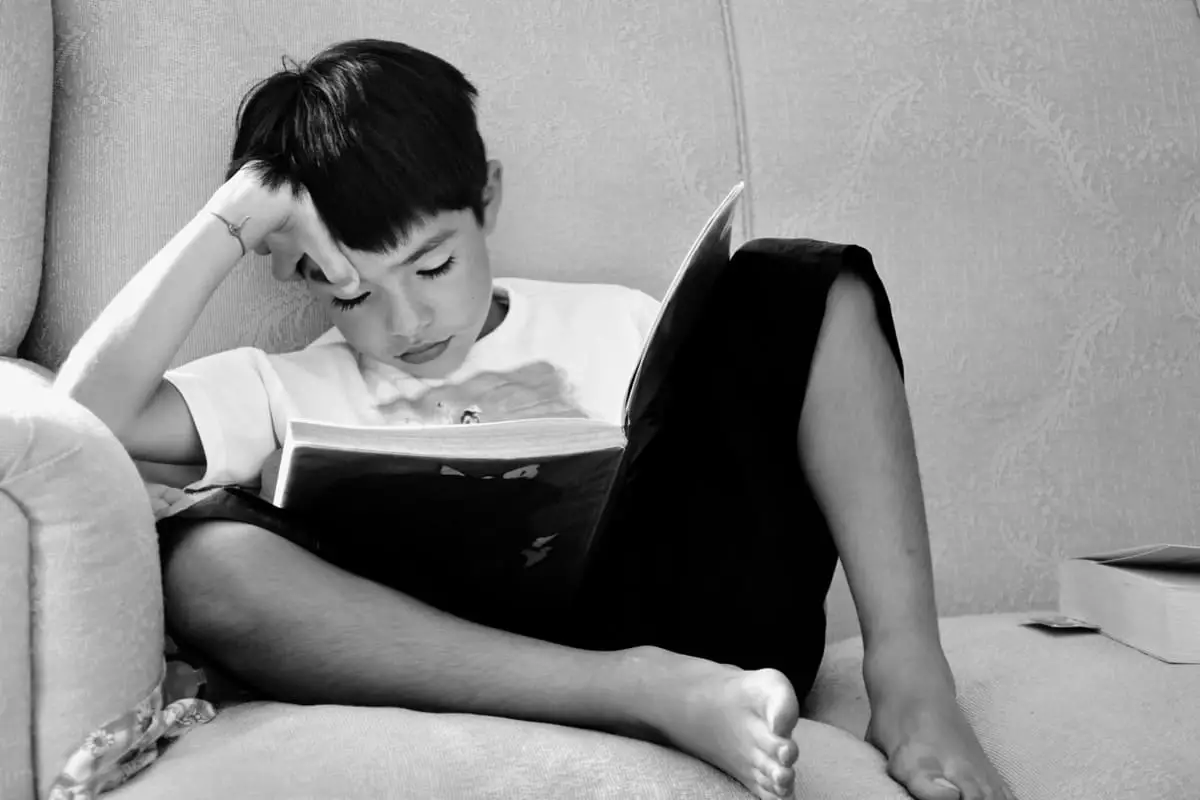
Chapter books are better able to be defined than other types of books because they are for quite a narrow developmental process.
-
Mushrooms In Children’s Illustration
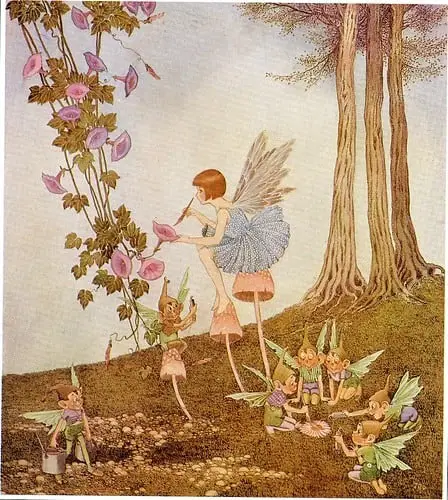
This one goes out to all those mushroom lovers out there.
-
Why Boys Don’t Read Books About Girls
Why don’t boys read books about girls? Well, first of all, many boys do read books about girls. As for the ones who won’t? They understand that gender is a hierarchy, and their position at the top is tenuous. Also, the adult book buyers in their lives probably aren’t buying them books starring girls, under […]
-
Littera scripta manet The Written Word Will Remain
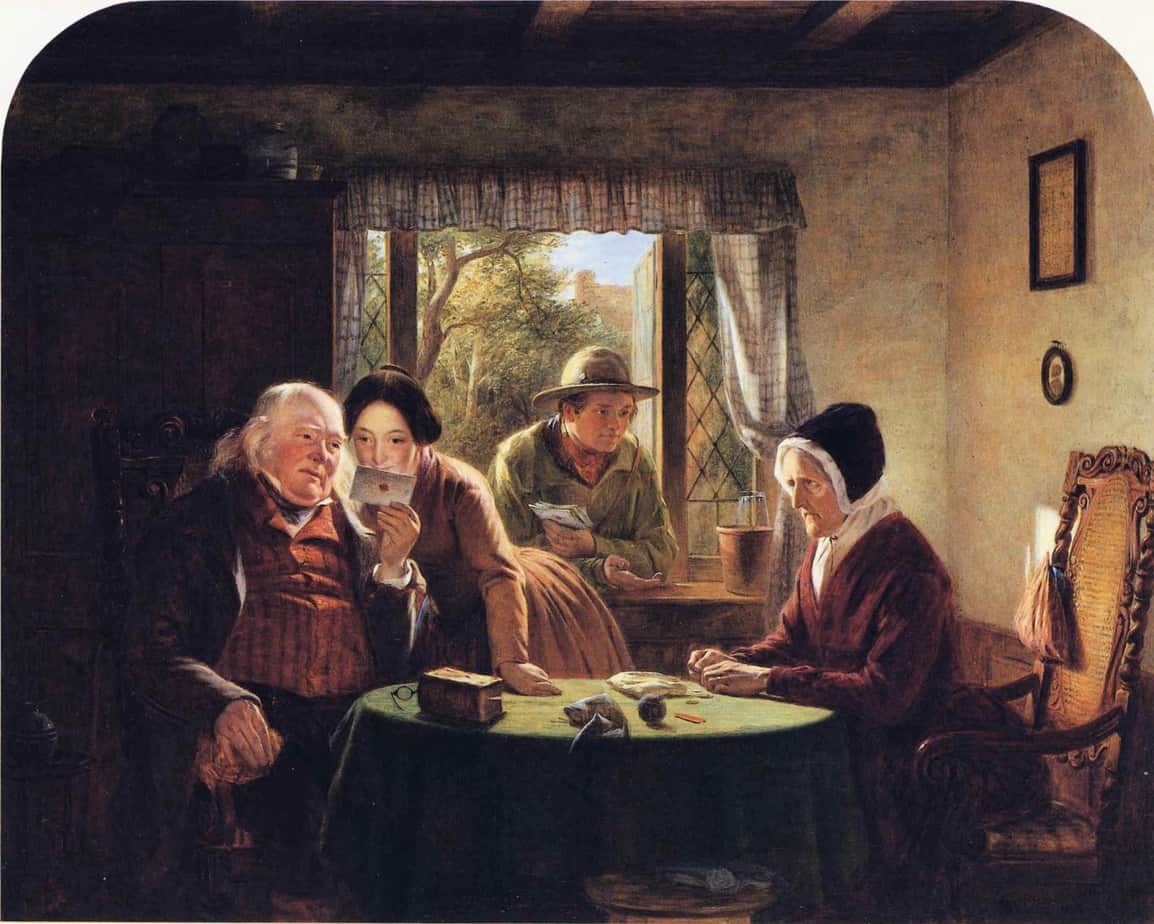
“The written word will remain” Which words will we leave as our legacy? What we have published in books and magazines, or what we have published on blogs and ezines and Twitter and Tumblr and Facebook…? A few years ago I set about inputting all of our known family data into a family tree program. […]
-
Skeuomorphism In Picture Books
Skeuomorphism is a word from the world of graphical user interface design. It describes interface objects which mimic real-world counterparts in how they appear and/or how the user can interact with them. I’m starting to hear it outside tech blogs: Has Morality Become A Skeuomorph? from The Society Pages. Skeuomorphism is also useful when talking about picture […]